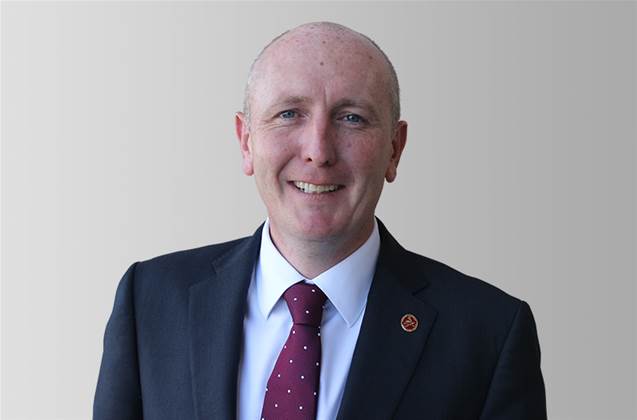This article has been reviewed according to Science X's editorial process and policies. Editors have highlighted the following attributes while ensuring the content's credibility:
fact-checked
trusted source
proofread
42% of Japanese have COVID
New tests show that more Japanese are acquiring a natural herd immunity to COVID-19, with 42.3 percent of the population now having antibodies through previous infections.
The data released on March 13 by the health ministry shows a sharp increase from the previous figure, 28.6 percent, from tests conducted in November 2022. The most recent tests were carried out in February.
Antibodies are proteins produced in the body to identify and fight off diseases.

The nationwide blood tests were conducted between Feb. 19-27 with 13,121 people aged between 16 and 69.

By prefecture, Fukuoka had the highest rate at 59.4 percent, followed by Okinawa with 58 percent and Saga with 52.5 percent.

Iwate Prefecture had the lowest rate at 27.4 percent, followed by Fukushima with 31.7 percent and Niigata with 33.5 percent.
The health ministry also announced that it will not change the official name of the disease even after it is downgraded in May to Category 5, a group of less-severe infectious diseases including the seasonal flu.
COVID-19 is commonly known as “the novel coronavirus infection” in Japan.
The ministry’s experts group decided against renaming it “the coronavirus infection 2019,” as the current name has already been well established among the public.
The experts were also concerned that changing the name would give people the wrong impression that they no longer have to be on the alert.
However, the disease may have to be renamed depending on how the virus mutates and develops in the future.





















